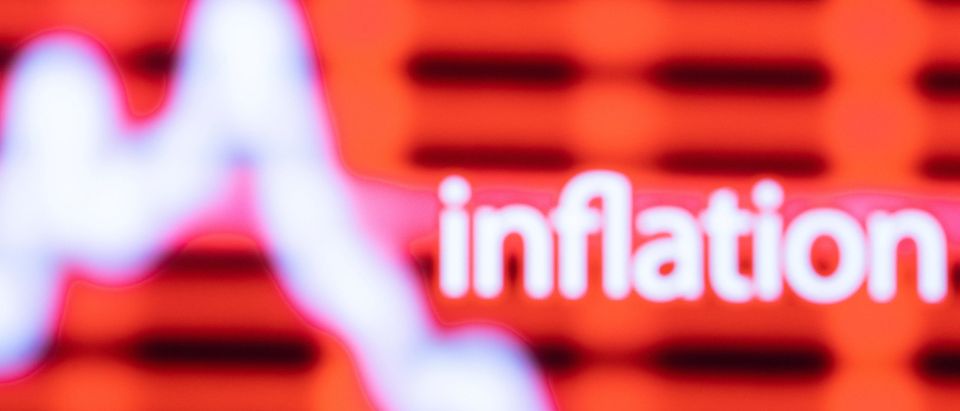Wall Street investors and economists are sounding the alarm over a yield curve inversion, one of the most reliable indicators that a recession is coming, according to The New York Times.
The yield curve inversion, or when two-year bonds have a higher return than ten-year bonds, hit its largest spread yet on Wednesday, sending investors into a panic, according to the NYT. Economists and investors see this kind of inversion as a negative omen for the economy, and every recession in the U.S. in the last 50 years has been preceded by a yield curve inversion.
“It is incumbent upon any company’s managers to take the yield curve as a negative signal and engage in risk management. And for people too. Now is not the time to max out your credit card on an expensive holiday,” Campbell Harvey, an economics professor at Duke University, told the NYT.
On Wednesday two-year rates stood at 3.23%, substantially higher than the 3.03% yield investors get on 10-year notes, according to the NYT.
The yield curve is sounding the alarm that the Fed is going to break inflation, but also the economy. The 2y10y curve is -20 bps, with the 3m10y curve catching up fast. Other measures of the yield curve (term premium-adjusted and inflation-adjusted) are positive but flattening. pic.twitter.com/I2CG7xmQzZ
— Jurrien Timmer (@TimmerFidelity) July 18, 2022
A yield curve inversion often precedes a recession because higher short-term bond returns come when the Federal Reserve is raising interest rates to prevent inflation, which contracts economic growth, Will Hild, Executive Director of Consumers’ Research, told the Daily Caller News Foundation.
“Higher short term rates basically says that the bond market is pricing in a number of interest rate hikes in the short term that the Fed will enact to alleviate inflation by restricting lending and cutting demand. But this also makes certain things that were profitable for companies to do beforehand unprofitable since they have to pay more to borrow money, and this can lead to a recession or slowed growth,” Hild told the DCNF.
At the same time, lower long-term rates come when more investors are concerned about long-term growth and rush to put their money in bonds rather than stocks, thereby driving down bond rates, according to The Wall Street Journal. (RELATED: ‘A Definite Slowdown’: Business Owners Say They’re Already Seeing Signs Of A Recession)
Though the yield curve inversion does not itself affect the economy, it does signal potential economic downturn, according to the WSJ.
All content created by the Daily Caller News Foundation, an independent and nonpartisan newswire service, is available without charge to any legitimate news publisher that can provide a large audience. All republished articles must include our logo, our reporter’s byline and their DCNF affiliation. For any questions about our guidelines or partnering with us, please contact licensing@dailycallernewsfoundation.org.


